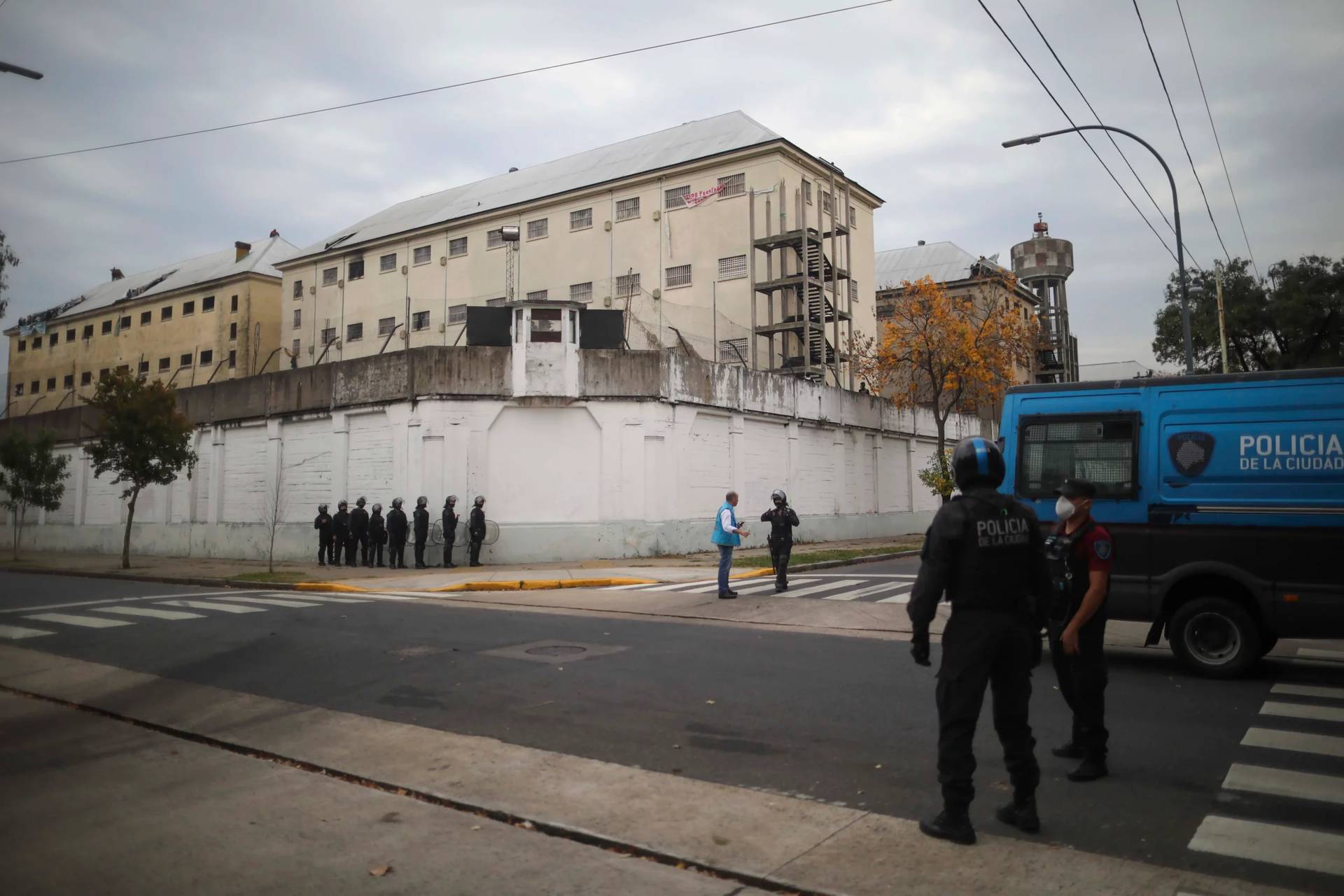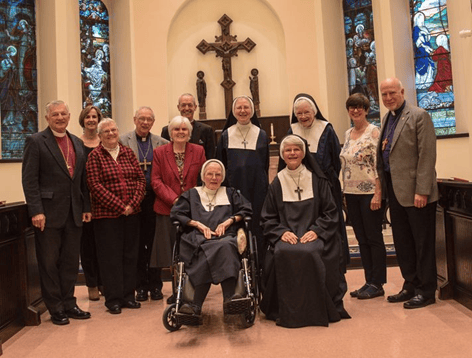This is the first installment of a two-part interview with Cardinal Ricardo Barreto Jimeno of Huancayo, Peru, who serves on a committee organizing the upcoming Synod of Bishops for the Amazon.
ROME – Nearly 15 years ago, before the concept of “integral ecology” was fashionable in official Catholic circles, then-Archbishop Ricardo Barreto Jimeno of Huancayo, Peru, made the argument to his brother prelates during a 2005 Synod of Bishops on the Eucharist that the bread and wine offered on the altar were no good if the land from whence they came was not properly cared for.
“I said that if we offer bread from land that’s contaminated, we are offering God a contaminated fruit. And the same for the wine,” Barreto told Crux in a sit-down interview, noting that his ecological vision met with skepticism from other synod participants.
“I remember that the bishops looked at me as if they were saying, ‘What does the Eucharist have to do with ecology?’” he said.
Fast-forward to 2019, when the Catholic Church’s commitment under Pope Francis to integral ecology has become a common point of ecclesial discourse, and the now-Cardinal Barreto finds himself being hailed by some as a “prophet” ahead of his time.
“Now, they understand, but at that time, no,” he said.
A member of the Society of Jesus and Archbishop of Huancayo since 2004, Barreto is the vice president of the Peruvian bishops’ conference as well as vice president of the Pan-Amazonian Ecclesial Network (REPAM), which is playing a leading role in organizing the upcoming Synod of Bishops on the Amazon.
He is also a member of the organizing committee for the synod, set to take place in Rome Oct. 6-27.
The theme is, “The Amazon: New paths for the Church and for an integral ecology,” and it will delve into issues related to the Pan-Amazonian region of South America, which includes parts of Bolivia, Brazil, Colombia, Ecuador, French Guyana, Guyana, Peru, Venezuela and Suriname.
According to Barreto, “new paths” will be defined during the synod, but they will be directed toward care for creation and helping the Catholic Church fulfill its primary mission, “which is to evangelize.”
“These new paths don’t mean changing doctrine, but the way in which we draw close to the indigenous,” he said, adding, “we want to see how to enter with the indigenous and to help them to discover that in their hearts, there are small seeds of this faith in God, this faith in the Church.”
A key talking point will be how to preserve the 7.5 million squared kilometers of the Amazon forest – roughly 67 percent of which is in Brazil, and 13 percent in Peru – which has already diminished by nearly 20 percent due to deforestation.
“It’s a very important region for the life of the planet and the future of humanity,” Barreto said, adding that the vitality of the region is being put at risk by “economic interests.”
As an illustration of what impact the deforestation of the “world’s lung” could have, he pointed to the fact that Francis as a young Jesuit priest had part of his left lung removed as the result of an infection.
“What happened to the pope is happening to the Amazon,” he said. “Thank God he is okay,” but the stripping of the forest “must be stopped” if the Amazon is to survive.
Other hot-button issues expected to come up are the role of women in the Amazon, particularly in indigenous communities, and the shortage of priests in the region.
According to Barreto, Amazonian indigenous communities “have it very clear what is the role of the woman and what is the role of the man. They feel that each one of these roles complement each other, they don’t oppose each other. There is not this ‘machismo’ that many areas of society have.”
Women are often highly respected as mothers, and they play a “very important” role in indigenous communities, he said, noting that this will factor into the bishops’ October discussion.
Another major concern that is “necessarily going to come up in the synod” is the fact that some communities do not have regular access to the sacraments since there are not enough priests to reach remote communities, some of whom only have Mass once a year.
“The celebration of the Eucharist as a sacrament allows the Church to grow, and if there is no Eucharistic celebration, the community does not grow…this is a unique problem we have as a church,” he said, asking, “If there are no priests, who celebrates the Mass?”
Many church leaders in the region are also pondering ways to not only make the Church closer to the daily life of indigenous communities, but to help empower these communities in ways that allow them to feel like they are part of the Church, and not just an afterthought or a stranger looking in from the outside.
A possible solution to these problems that has been floated in many circles is the question of ordaining viri probati, or tested married men, to the priesthood.
During a February conference on the Amazon organized by the office of the Synod of Bishops, Jesuit Father Francisco Taborda, a professor of theology at the Jesuit university in Belo Horizonte, Brazil, and author of numerous books on the sacraments, told Crux the priest shortage in the region can open the door “to a re-thinking of how it can be done so that every community…can have the Sunday Eucharist.”
Asked if this “re-thinking” included the ordination of viri probati, Taborda responded in the affirmative, saying, “That’s what this is about.”
Barreto confirmed that the ordination of viri probati is an idea being considered but stressed that “right now we can’t say that this is the new path.”
Each community in the Amazon, together with their bishops, must respond to the problem with their own suggested solutions, which will be discussed during the October synod, he said.
In the 45 territorial meetings that have taken place since preparations began, leaders of indigenous communities have given their input, flagging the priest shortage and lack of access to the sacraments as an issue to be solved, however, there are also several other major issues on their radar, Barreto said.
Barreto noted that with some 345 different indigenous populations in the Amazon speaking some 240 different languages, the “pluri-ethnic” and “pluri-cultural” dimension of the region and the vitality of indigenous communities will be a major point of discussion.
“Indigenous questions have always been postponed – ‘you are few, you are someone who is not from Western culture’,” he said. “I would say there is a contemptuous attitude, or in most cases, indifference, but they are not taken into consideration.”
As an example, he noted how many communities have been present in the Amazon for decades, some for centuries, yet they don’t have property titles for their land. That means the state allows foreign extraction companies to pillage for resources, such as gas, petroleum and palm oil.
In many cases this leads to a forced migration of indigenous people from their ancestral lands, he said, explaining that the calling of the synod has “lifted the spirits of the indigenous populations and it has also raised the socio-environmental problem that the Amazon is living.”
Barreto said the organizing committee for the synod has already completed a working document for the gathering, which follows a “see, judge, act” model focused on looking at the Amazon, listening to the “cries” of both the land and the people who live there, and deciding what action to take.
This document includes input from regional leaders, including indigenous communities, and in the next few days will be sent to bishops’ conferences in the Amazon for final comments before its release.
Follow Elise Harris on Twitter: @eharris_it
Crux is dedicated to smart, wired and independent reporting on the Vatican and worldwide Catholic Church. That kind of reporting doesn’t come cheap, and we need your support. You can help Crux by giving a small amount monthly, or with a onetime gift. Please remember, Crux is a for-profit organization, so contributions are not tax-deductible.
















